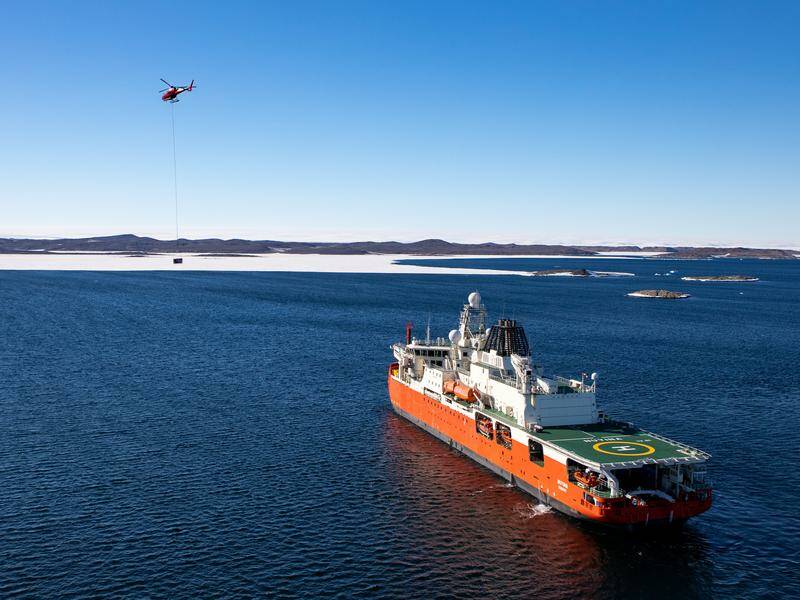
UPDATE: Australian researchers are set to embark on a groundbreaking expedition to investigate whether bird flu has reached the remote Antarctic islands. This mission, which begins in December 2023, marks the largest scientific expedition to the region in 20 years and comes amid rising concerns about the spread of avian influenza.
The team will traverse some of the world’s most isolated environments, focusing on the ecological impact of bird flu on local wildlife. As the threat of zoonotic diseases continues to escalate globally, understanding how bird flu could affect Antarctic ecosystems is crucial for both wildlife conservation and public health.
WHY THIS MATTERS NOW: With the potential for bird flu to impact not only birds but also other species, including humans, researchers stress the urgency of this mission. Reports indicate that outbreaks of bird flu can lead to significant mortality rates in affected populations, raising alarms about potential transmission to humans.
The expedition aims to collect vital data that could inform future health advisories and conservation strategies. Researchers will be equipped with state-of-the-art technology to monitor and analyze the presence of the virus in various bird species throughout the Antarctic region.
WHAT TO WATCH FOR: As the expedition unfolds, updates will be provided on the findings related to bird flu’s presence and its implications for wildlife and human health. Experts will also share insights on the challenges faced during the expedition, highlighting the importance of ongoing research in understanding viral threats in remote ecosystems.
Stay tuned for further developments as this historic journey to the Antarctic islands progresses. The implications of this research could resonate far beyond the icy shores, impacting global health strategies and wildlife conservation efforts.





